Dr. Nguyen Van Hung said that the business ban helps prevent the risk of loss, destruction or exploitation of the title of national treasure for personal gain.
On March 12, the Central Committee of the Vietnam Fatherland Front held a conference to provide social feedback on the draft Law on Cultural Heritage (amended).
Article 41 of the draft states that national treasures under public or private ownership may only be transferred, exchanged, donated, or inherited domestically in accordance with the law and may not be traded. Meanwhile, the current Law on Cultural Heritage does not prohibit trading in national treasures.

Dr. Nguyen Van Hung, Member of the Cultural and Social Council, Vietnam Fatherland Front Committee. Photo: Vietnam Fatherland Front
Dr. Nguyen Van Hung, member of the Cultural and Social Council, said that national treasures are artifacts that contain great historical, cultural and artistic value for the country. Strict management helps preserve the value of treasures, not being affected by economic value, helping the heritage to be preserved and passed on to the next generation.
Therefore, he agrees that national treasures are owned by the public and can only be transferred, gifted, or inherited domestically and cannot be used for business. "Such a regulation ensures that the owner of the treasure is not restricted or deprived of the right to own or dispose of the property according to the Civil Code, and on the other hand, it still avoids the treasure being used for business or exploitation," according to Mr. Hung.
The draft also states that relics (valuable artifacts handed down) and antiques (relics 100 years or older) under common or private ownership can only be transferred, exchanged, donated, inherited, and traded domestically. The State shall uniformly manage the transfer of relics, antiques, and national treasures and create conditions for organizations and individuals to transfer these artifacts.
Dr. Nguyen Xuan Nang, former Director of the Vietnam Military History Museum, agreed with the distinction between different levels of relics, antiquities and national treasures for appropriate treatment. Accordingly, he proposed banning the trading of national treasures both domestically and internationally and banning the buying and selling of Vietnamese antiquities abroad.
However, for relics that are not rare or of special value, he proposed to continue allowing them to be bought and sold. "This way, museums will have the opportunity to collect many artifacts to display and introduce to the public," Mr. Nang suggested.
The current Law on Cultural Heritage allows the purchase, exchange, donation and inheritance of non-state-owned relics and antiquities both domestically and internationally. The Ministry of Culture, Sports and Tourism believes that it is necessary to study the abolition of this regulation to tighten the purchase and sale of relics and antiquities abroad, avoid the "bleeding" of antiquities and combat illegal trafficking of cultural heritage according to the 1970 UNESCO Convention.
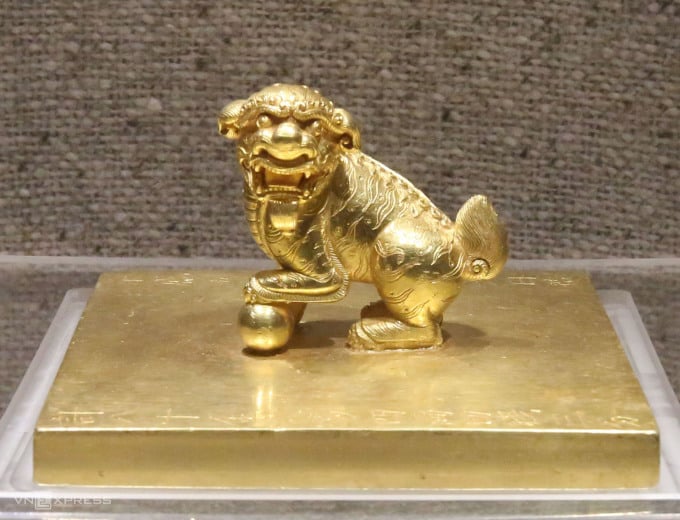
The golden seal "Dai Viet Quoc Nguyen Chua Vinh Tran Chi Bao" was cast in 1709, during the reign of Lord Nguyen Phuc Chu and became a national treasure in 2016. Photo: Ngoc Thanh
According to the Ministry of Culture, Sports and Tourism, the country has 265 treasures and groups of artifacts recognized by the Prime Minister as national treasures. Of these, 153 treasures are kept, preserved and displayed in museums.
Recently, Vietnamese antiques have been continuously offered for sale abroad. In October 2021, a Nguyen Dynasty official hat reached a price of 600,000 euros, about 15.7 billion VND, in an antiques auction in Spain. In June 2022, a jade bowl introduced by King Tu Duc reached 845,000 euros, about 20.7 billion VND, in a Drouot auction. Five months later, the French company Millon offered for sale the Emperor's seal of Minh Mang. The Ministry of Culture, Sports and Tourism successfully negotiated to transfer the seal to Vietnam in 2021, after businessman Nguyen The Hong spent 6.1 million euros, about 153 billion VND.
According to the law and ordinance development program, the Ministry of Culture, Sports and Tourism will preside over the drafting of the revised Law on Cultural Heritage and report to the Government to submit to the National Assembly for comments at the 7th session in May 2024.
Source link



![[Photo] "Lovely" moments on the 30/4 holiday](https://vphoto.vietnam.vn/thumb/1200x675/vietnam/resource/IMAGE/2025/5/1/26d5d698f36b498287397db9e2f9d16c)


![[Photo] Binh Thuan organizes many special festivals on the occasion of April 30 and May 1](https://vphoto.vietnam.vn/thumb/1200x675/vietnam/resource/IMAGE/2025/5/1/5180af1d979642468ef6a3a9755d8d51)

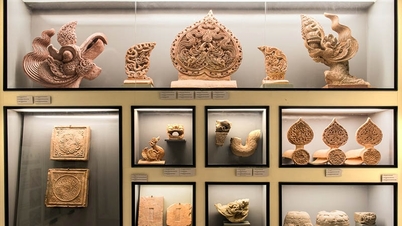

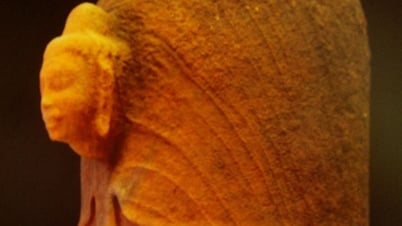



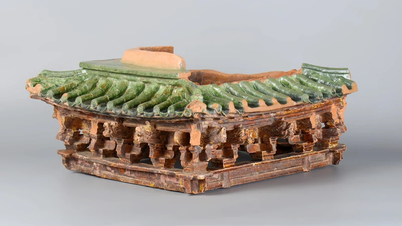






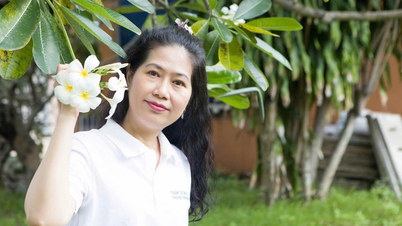
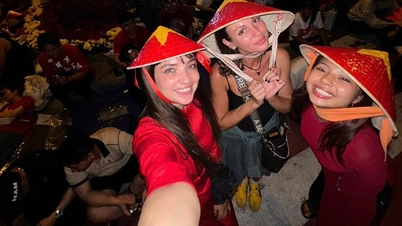













![[Photo] Ha Giang: Many key projects under construction during the holiday season](https://vphoto.vietnam.vn/thumb/1200x675/vietnam/resource/IMAGE/2025/5/1/8b8d87a9bd9b4d279bf5c1f71c030dec)














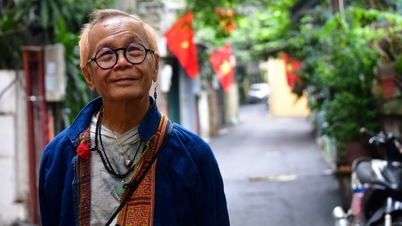

































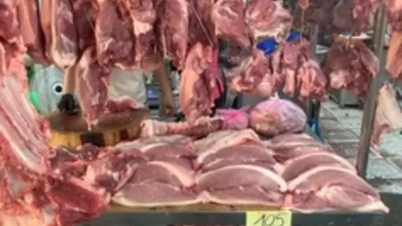


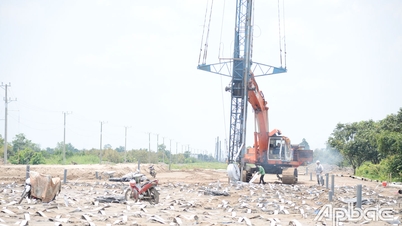












Comment (0)